The Interior Department announced the renaming of hundreds of federally recognized locations throughout the country bearing a derogatory term for Native American women. The change includes three locations in the Los Padres National Forest in Ventura County that now bear names in the native Chumash language.
The order—announced by Interior Secretary Deb Haaland, the first Native American to hold that position—eliminates the derogatory term “squaw” from nearly 650 names of peaks, lakes, streams, valleys, springs, and other natural features on federal land. The renaming is the culmination of a year-long process following a Secretarial Order designating the term as derogatory, the convening of a Derogatory Geographic Names Task Force and a public comment period soliciting input from Tribes and the public.
(The Interior Department refers to the word in communications as “sq___”, which is a policy that ForestWatch has adopted as well.)
The three places renamed in Los Padres National Forest are Sq___ Flat (renamed Kahus Flat), Sq___ Creek (renamed S’ o” Kuku Creek), and Sq___ Spring (renamed Saputiwah Spring). In English, they translate to Bear Flat, Devil’s Water Creek, and It Seeps Out Spring, and were recommended by local Chumash people, whose ancestral territory includes the three areas.
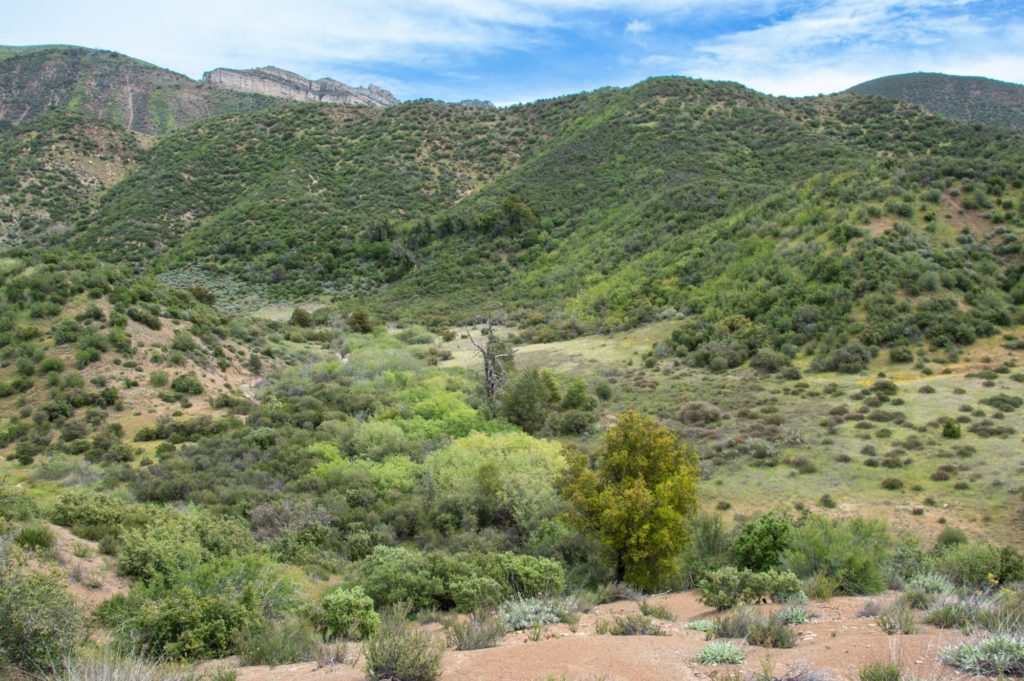
They are all within an area about 125 acres in size in the Sespe Wilderness north of Fillmore. The creek is relatively small, but it flows into Redrock Creek which flows into Tar Creek, a major tributary to Sespe Creek. Anyone who has hiked along Alder Creek Trail from Dough Flat Trailhead has likely walked right past all three geographic features. To get to that trailhead, one must drive on Sq___ Flat Road. The renaming of Forest Service and County roads will be addressed through a separate process.
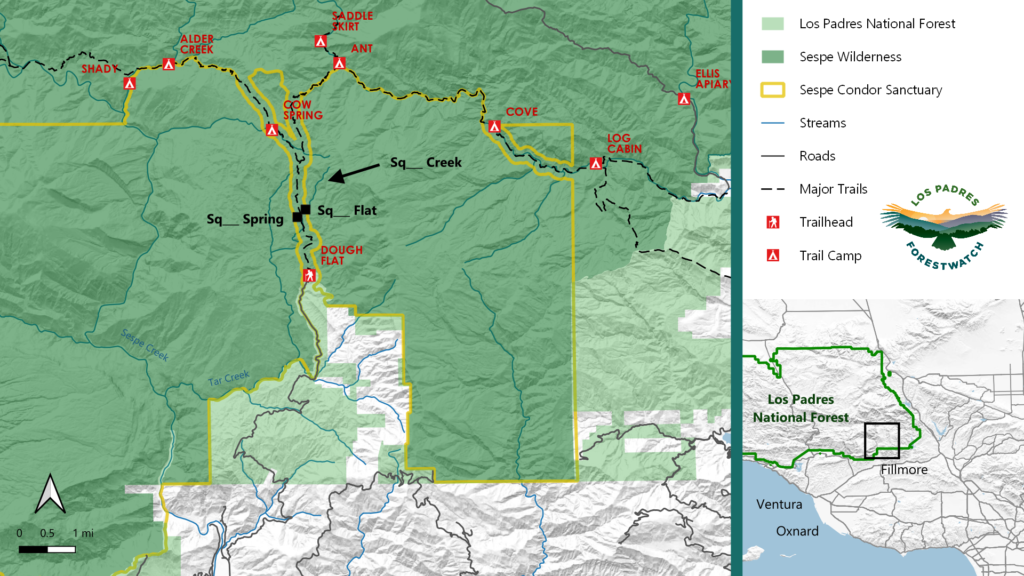
The word sq___ has roots in Algonquian languages in the Northeast, but it has been twisted by Euro-Americans into a derogatory term used against Indigenous women, particularly over the last 150 years or so. Efforts to rename geographic features to rid them of racist language is part of a broader movement to retire offensive mascots, logos, and symbols as well as to reconcile the often fraught history of public lands in the United States. A famous ski town in the Sierra Nevada, Sq___ Valley, recently decided to change its name to Palisades Tahoe. And in 1995, the state of Minnesota made it illegal to use sq___ in place names, with six other states following suit since then.
During the early decades of the 1900s, Sq___ Flat was the site of some of the northernmost drilling operations in the Sespe Oil Field. These efforts were unsuccessful, and the oil company ultimately abandoned the site along with equipment such as tanks, a boiler, and even a large steel tower that has since fallen. Over the past few years, ForestWatch has worked with volunteers to remove most of the abandoned tanks while only using tools that comply with the Wilderness Act, including pack mules. There is still more work to be done, and our efforts so far are just a small step in the direction of removing remnants of past American industrial exploitation on this landscape that has long been important and utilized by the Chumash.
Removing the term sq___ is only the beginning phase of a larger effort to remove racist language from public lands. It is the first wholescale renaming of derogatory terms in nearly a half-century. The Interior Department ordered the renaming of places carrying a derogatory term for Black people in 1962 and those with a derogatory term for Japanese people in 1974.
Renaming offensive names is not without precedent in the Los Padres National Forest. Cerro Noroeste, a mountain near Mt. Pinos, was unofficially named Mt. Abel for several decades before being renamed (which translates to Northwest Mountain in Spanish). The unofficial name referred to Stanley Abel, a longtime Kern County supervisor and avowed and outspoken member of the KKK. In 1988 the USGS Board on Geographic Names voted to reaffirm that Cerro Noroeste was and remains the only official name of the mountain.
ForestWatch looks forward to working with our community allies to help identify and rename other places and geographic features with derogatory terms as part of a continued push to acknowledge past wrongs and make public lands more welcoming for all.
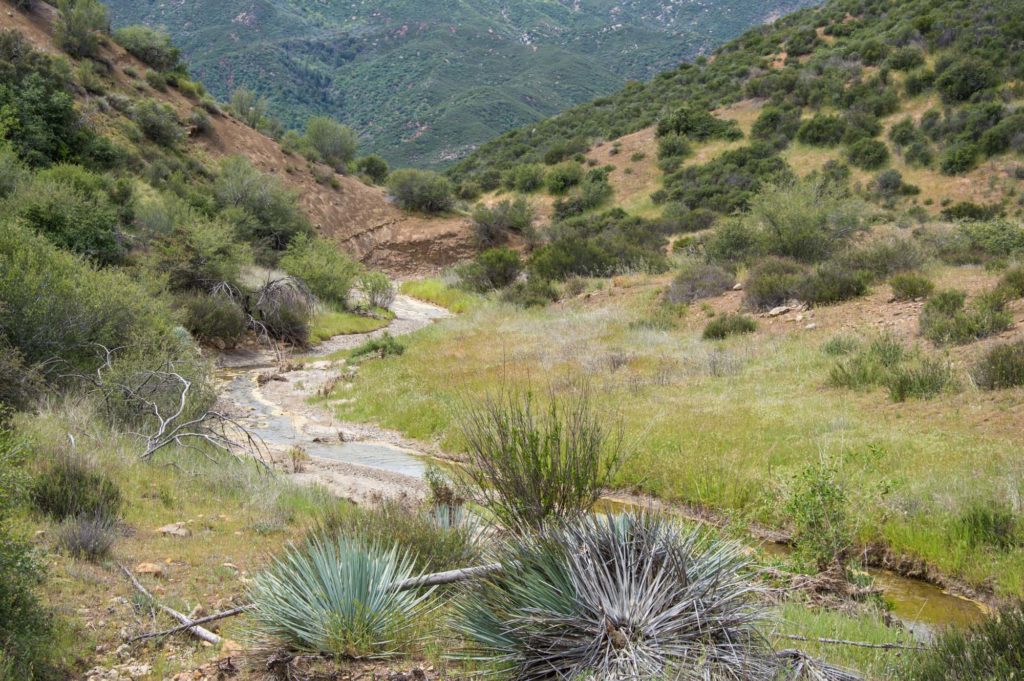
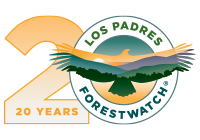





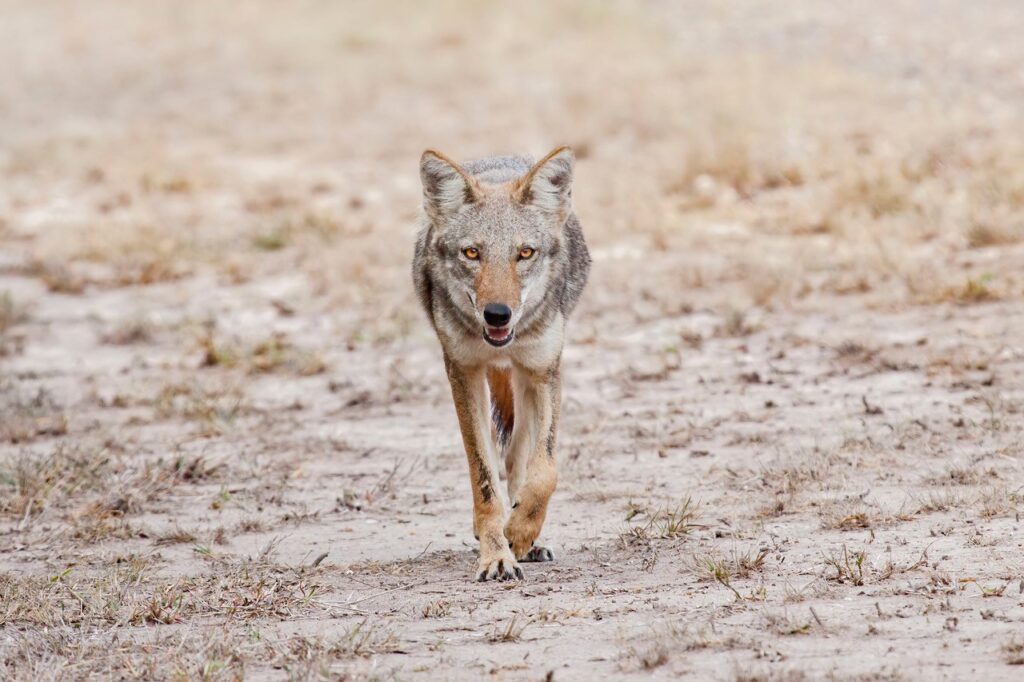
Comments are closed.